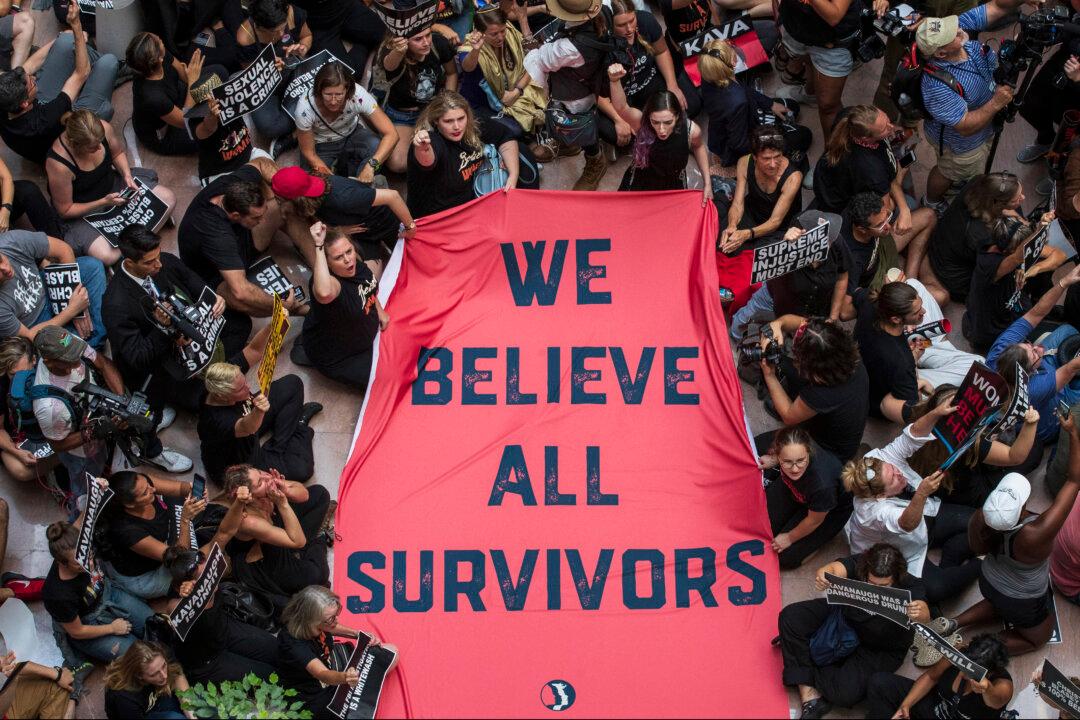Commentary
U.S. President Joe Biden is working hard to secure his legacy as the founder of America’s campus kangaroo courts, firmly tilted towards believe-women justice.

U.S. President Joe Biden is working hard to secure his legacy as the founder of America’s campus kangaroo courts, firmly tilted towards believe-women justice.